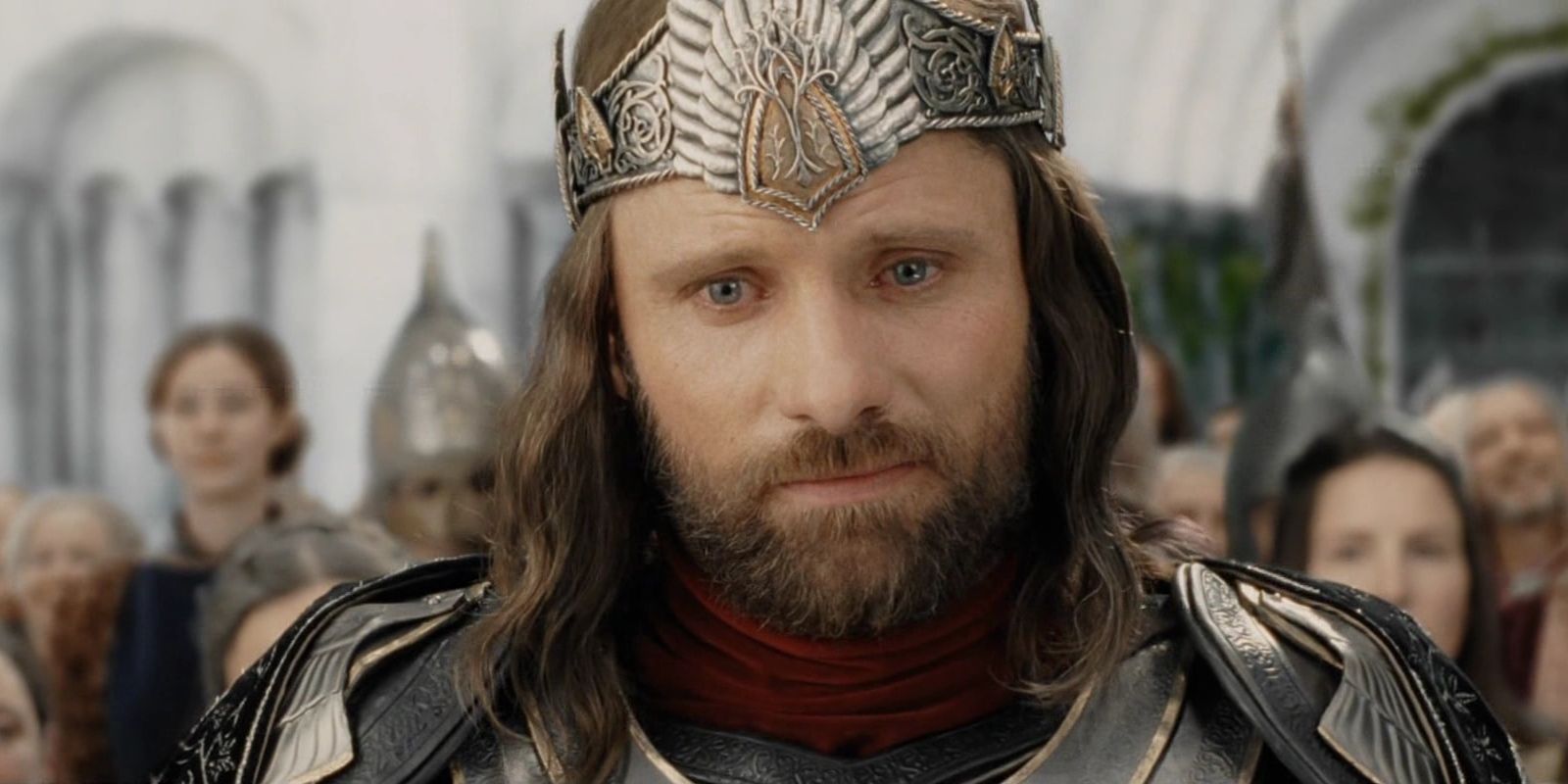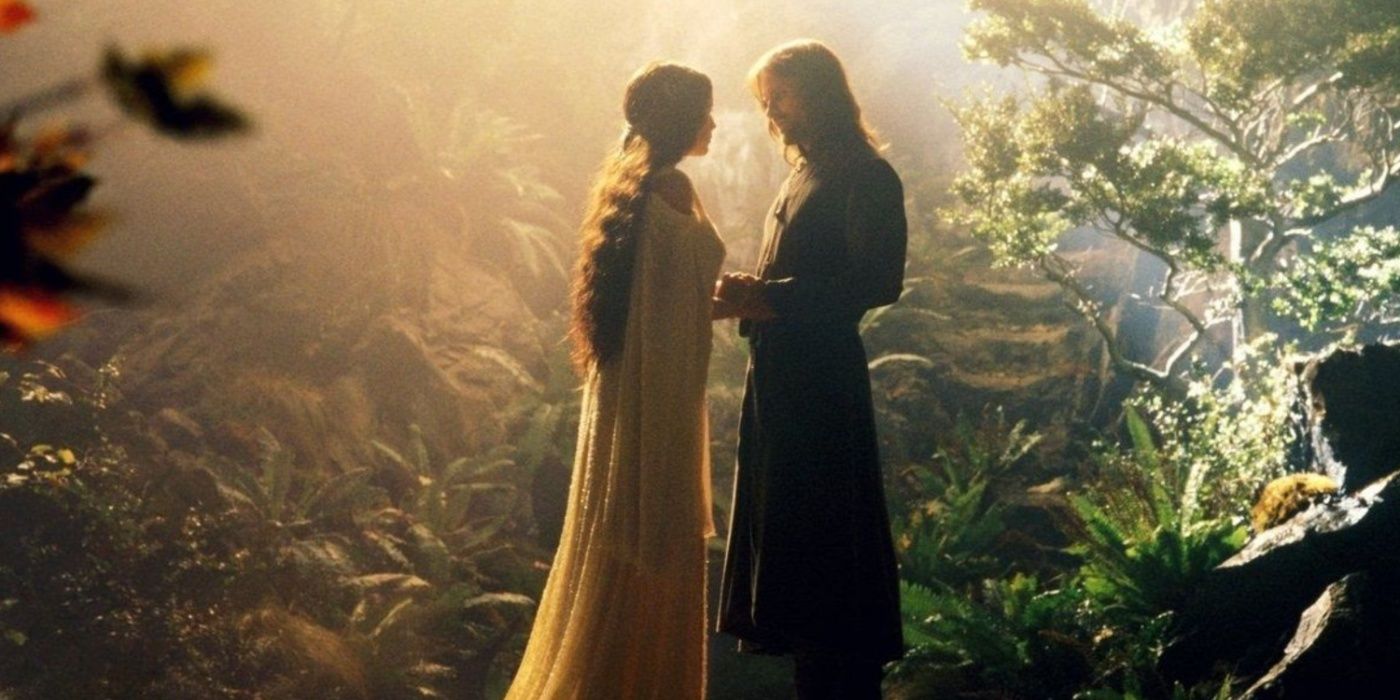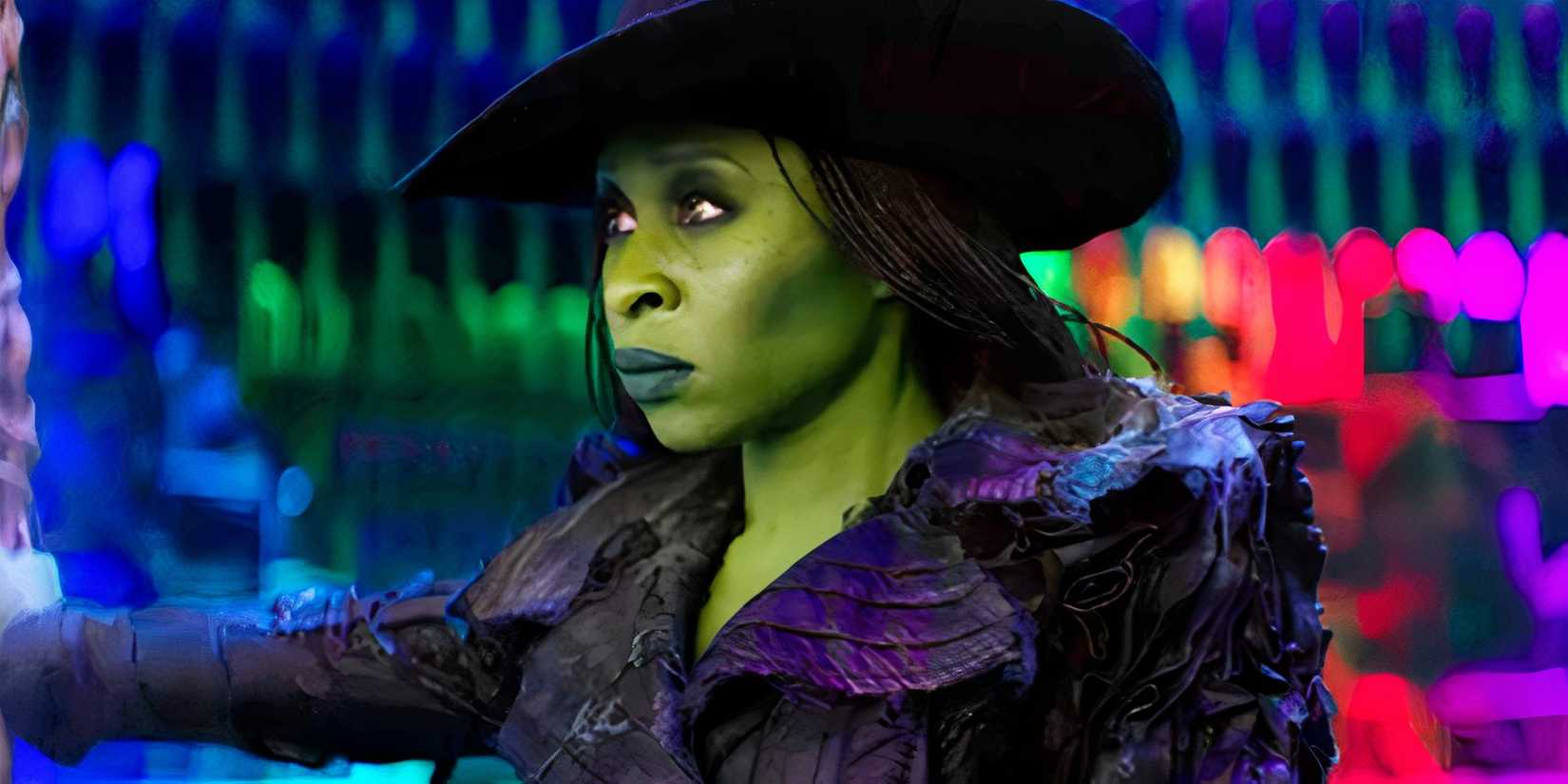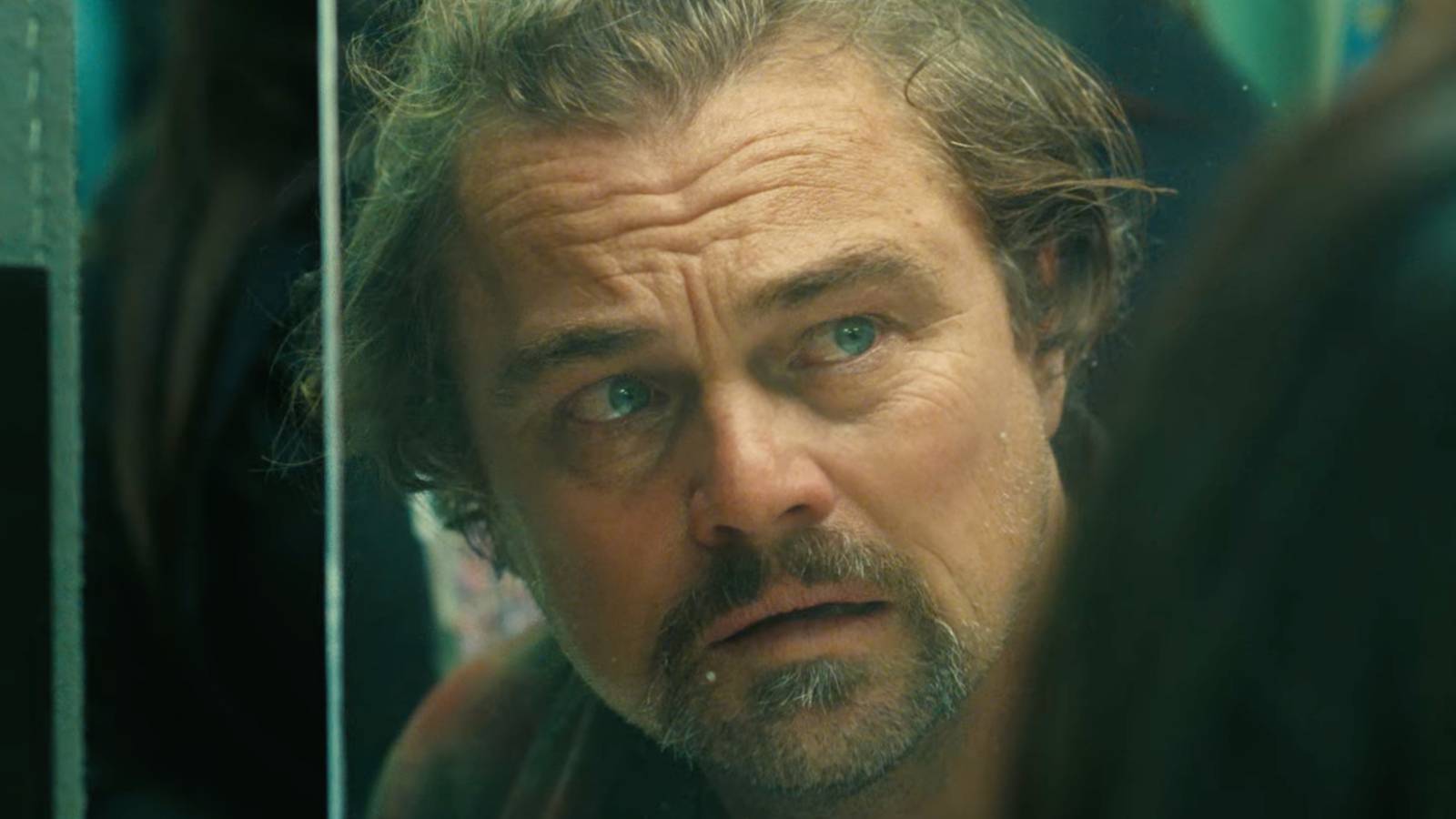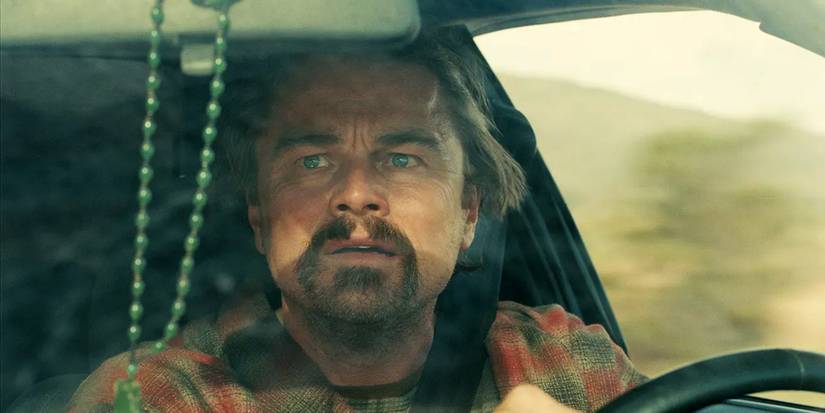Arwen’s choice to become mortal puzzles many fans of The Lord of the Rings but is clarified throughout the legendarium, which was created by British fantasy pioneer J. R. R. Tolkien. Tolkien released his magnum opus, The Lord of the Rings, in three parts between 1954 and 1955, and Peter Jackson’s Lord of the Rings trilogy adapted one part per movie. Although Jackson didn’t use the novel’s dialogue word for word, he adapted Arwen’s (Liv Tyler) choice of mortality faithfully, successfully conveying the pain of immortality after Aragorn’s (Viggo Mortensen) death in a haunting vision.
This vision happens as Elrond (Hugo Weaving) tries to convince Arwen to sail west with him by describing the alternative in torturous detail — Aragorn would grow old and die, while she would remain, forever a widow. Situated in The Lord of the Rings: The Two Towers movie, this vision has the opposite effect to what Elrond intended. Ultimately, rather than choosing to leave Aragorn, she chooses to leave immortality. This way, she can have Aragorn and not have to bear the pain of eternal life without him. Neither Tolkien nor Jackson explained the mechanics of this fully, but discourses do exist.
Arwen Could Choose To Be Immortal Or Mortal In LOTR Because She’s Part Elf, Part Human
Arwen Was Offered The Same Choice Her Ancestors Were Offered
Those with both Elvish and human blood in Lord of the Rings are often offered the choice between the Elvish fate or the human one. Arwen’s choice of mortality was known as the “choice of Lúthien“ because the first time this choice was offered was to Arwen’s ancestor, Lúthien, who was actually half-Maia (another immortal species) and half-Elf. The fully immortal Lúthien fell in love with the mortal Beren. They both died and Lord of the Rings’ 15 Valar allowed Lúthien to choose between her Elvish fate or returning, with Beren, to life as a mortal.
Lúthien chose mortality. Her son with Beren, Dior, was therefore mortal. Dior married an Elf and had Elwing, who was therefore half-half. Meanwhile, Tuor (Man) and Idril (Elf) were Middle-earth’s other exceptional mixed-species couple. Their son, Eärendil, married Elwing and had Elros and Elrond. Elros and Elrond were given Lúthien’s choice. Elros chose mortality, founding the Dúnedain. Elrond chose immortality and “To the children of Elrond a choice was also appointed.” Like Lúthien, Arwen chose mortality to avoid eternity without her mortal love and for the remote possibility of an afterlife together.
Why Arwen Gives Up Her Immortality In The Lord Of The Rings
Arwen Sought To Tie Her Fate To Aragorn’s As Closely As Possible
Arwen gives up her immortality because mortals “are not bound for ever to the circles of the world, and beyond them is more than memory.” Elvish immortality is incomplete in Lord of the Rings, as Elves’ bodies are subject to death from grief, weariness, injury, or consumption by their souls if they stay in Middle-earth too long. More importantly, Elves’ souls, which are fully immortal, are tied to Arda, the world on which Middle-earth was a continent. After the death of the body, their souls would normally flee to the Halls of Mandos in Aman to await possible reincarnation.
The fate of the soul was the most fundamental difference between Elves and Men.
What happens when Elves die in Lord of the Rings is different from what happens to Men. After death of the body, Men’s souls also go to the Halls of Mandos, but it is only a stopover before they depart to a location unknown even to the Valar, leaving Arda for a mystery fate. The fate of the soul is the most fundamental difference between Elves and Men. Along with lifespan, this is the only clear change incurred by a part-Elf’s choice of mortality, with changes to other Elvish features (ear shape, telepathy) uncertain. Although indeterminable, Arwen’s “afterlife” may contain Aragorn.
How Arwen’s Decision In The Movies Compares To J.R.R. Tolkien’s Books
Arwen Chooses The Same Fate In The Lord Of The Rings, But Differently
Aragorn and Arwen’s relationship in The Lord of the Rings movies saw the same result as it did in the books, but they got there slightly differently. In both versions of the story, Arwen chooses mortality, marries Aragorn, stays in Middle-earth, and eventually dies, although the dying part happens off-screen. Many of the movies’ scenes were invented by Jackson, rather than pulled from the books. For instance, Arwen setting off for the Grey Havens, seeing a premonition of her child with Aragorn, and changing her mind. But Jackson succeeded in communicating the core of the story.
Death is hard, but accepting it offers reward, not punishment.
The point of this storyline is the deep agony of Arwen’s decision. She was stuck between a rock and a hard place, although she only really realized how “bitter” the gift of Men was as Aragorn finally died. Crucially, both immortality and mortality are gifts, but both have drawbacks that one agonizing between them is uniquely forced to confront. In creating scenes of Arwen’s indecision, Jackson had let this be known, therefore getting to the heart of Tolkien’s powerful message. Death is hard, but accepting it offers reward, not punishment.
Since Frodo didn’t become immortal in going to Valinor, it can be ᴀssumed that going to Valinor wouldn’t have affected Arwen’s newfound mortality. She may have just seen her family one more time before eventually dying.
Jackson didn’t adapt one important coda to the story of Arwen’s immortality. As Aragorn died, he asked if Arwen would change her mind and sail west. She could no longer reverse her choice and no ship would take her. But ships were available — Legolas and Gimli took one afterward. Mortals like Arwen were banned from the Undying Lands, yet rare exceptions were made (e.g. Sam). Even if Arwen’s suffering in The Lord of the Rings granted her exception too, she heroically renounced her ticket west by giving it to Frodo, whose suffering may have been worse (“in my stead you shall go“).
